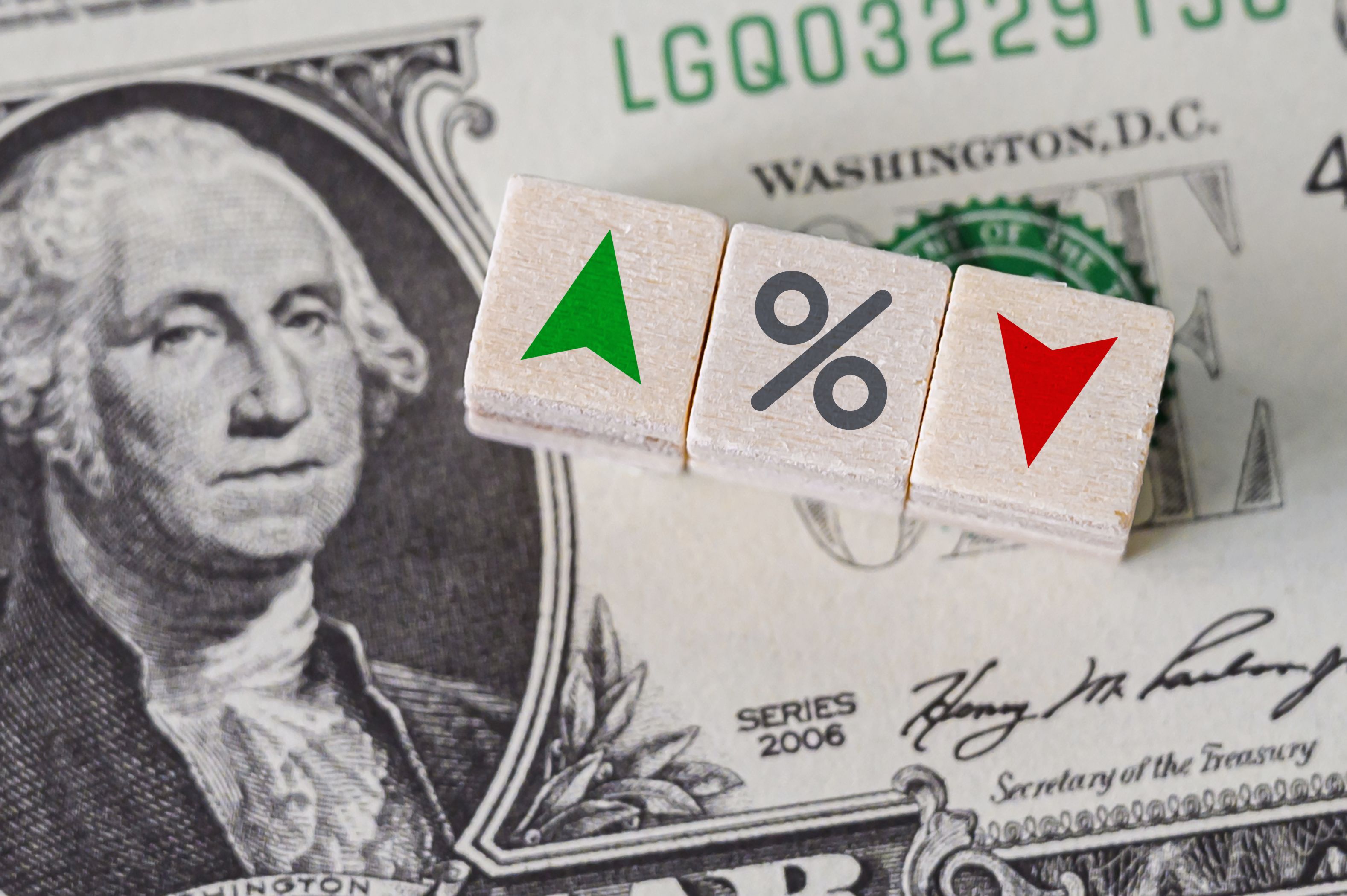This sure feels like a panic, doesn’t it?
There is a lot of fear in the markets today, even after US equity markets pared their earlier losses. With the news out of China and oil prices falling below $40 a barrel, the equity market is acting as though a global recession looms ahead. This is where investors need to draw the line.
This is normal volatility. The fear we sensed today is simply a product of the market transitioning to the reality that China is facing a difficult, but not impossible, transition towards domestic consumption. The other reality is that the Fed is getting ready for lift off as the US continues to make progress. We expect that markets will be bumpy as the transition plays out, but we do not equate it to another financial crisis.
In the US, we see positives in employment, housing and lending data. Overseas, we note that areas of Europe appear to be doing better as well. And while China’s economy is dominating the headlines, we think some perspective is needed. Yes, China’s growth is slowing, but it is still growing faster than the U.S. economy. Chinese officials have the ability to lower rates and target lending if necessary. They are working to transition to domestic consumption and away from manufacturing; that type of transition is never linear.
Bottom line: It would not be unreasonable to expect this type of volatility to continue. But in our view, this is where you put your money to work. We think investors would be wise to continue to focus on fundamentals that suggest the developed world is expanding and that China is open to reform. These do not sound like reasons to sell or to panic. I think it’s just the opposite – it is an opportunity!
The biggest challenge for investors is how they react to the volatility.
There may be ways for investors to both manage volatility and capitalize on it:
• Take a long-term approach. For investors who take a buy-and-hold approach, one way to lower the effect of volatility is to simply stay the course.
• Put cash to work. Investors will be subject to price gaps during periods of increased volatility. In these situations, buyers may hold an advantage over sellers.
• Avoid selling when volatility increases. Slippage can be costly, particularly so when volatility picks up.
Kathleen Gaffney is co-director, Investment Grade Fixed Income at Eaton Vance, and the lead PM for Eaton Vance’s multisector bond strategies globally








